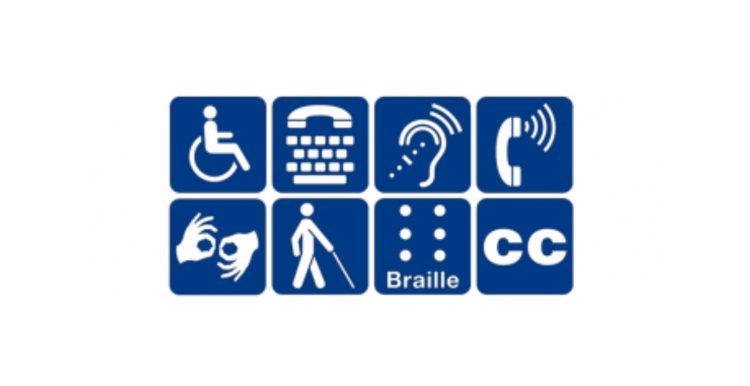Helping more people get health and care information the way they need it.

Your care, Your way is an ongoing Healthwatch campaign ensuring people are aware of their rights.
In 2016, the Government introduced the Accessible Information Standard. If you have a disability, impairment or sensory loss, or are a parent or carer of someone who does, the standard gives you the right to be given information in way you can understand.
Health and care services should
-
Ask if you have any communication needs and how they can meet them.
-
Record your needs and highlight them in your file or notes, so staff are aware and know how to meet them.
-
Share information about your communication needs with other care services when you give your permission.
-
Deliver information in a way you can access and understand, with the option for communication support if you need it.
You should expect
-
To contact and be contacted by services in ways you find accessible, for example, via text message.
-
Services to give information and correspondence in formats you can read and understand, such as audio, braille, easy read or large print.
-
To be supported at appointments if needed, for example, by a British Sign Language interpreter being provided.
-
Health and care services to support you to communicate, for example, enabling you to use a hearing aid.
For a fuller guide to what you should expect from services, click here.
This month Health Watch England (HWE) sent an open letter to NHS England (NHSE) to express disappointment at the lack of action to publish the review of the Accessible Information Standard (AIS). We shared about this in February 2022. To learn about how Local NHS Trusts are only partially meeting their legal duty to help people with additional communication needs, click here.
This letter has been referenced in some media, including the London Evening Standard and West Midlands-based Express and Star.
Locally we have been building on our AIS work. In 2017, Health Watch Kent (HWK) partnered with EastKent Mencap to visit all three hospitals in EastKent. This work was recognised by the Chief Executive of East Kent Hospitals. To see the report click here. For more about the project and what improvements we helped guide, click here. We've done similar projects with Kent Association for the Blind and BSL Community, which showed Kent NHS trusts were not consistently meeting the legal rights of deaf and blind patients.
We wanted to see for ourselves what support is available for people with learning difficulties. To ensure public participation, in our original work we involved a volunteer with learning difficulties to conduct a form of ‘Mystery Shopper’ exercise. As a visitor they shared with us what support was available to help them access services.
Our work to support NHS Trusts in Kent in understanding what they are doing well and where services can be improved continues. We have visits booked in this month in Hawkhurst and Deal hospital to continue this Mystery Shopper approach.
This time we are working with Find a Voice, a local charity based in Ashford, supporting those with communication needs. A service user and their Carer will Volunteer with us to conduct visits and share their experience with us. We look forward to sharing the fuller report once visits are complete.
We’ve consistently heard feedback from people who struggle to access NHS services because the support isn’t available to help them communicate. This is an everyday reality for hundreds of people in Kent so it’s great to see it being talked about at a national level today. Thanks to your feedback we’ve already managed to make some improvements but do please keep telling us your stories as together we can make a change.
We want to hear your story
Did you get the help and support you needed to understand and access health and social care services?
By telling us your story, we can work to improve the services for other people like you.

